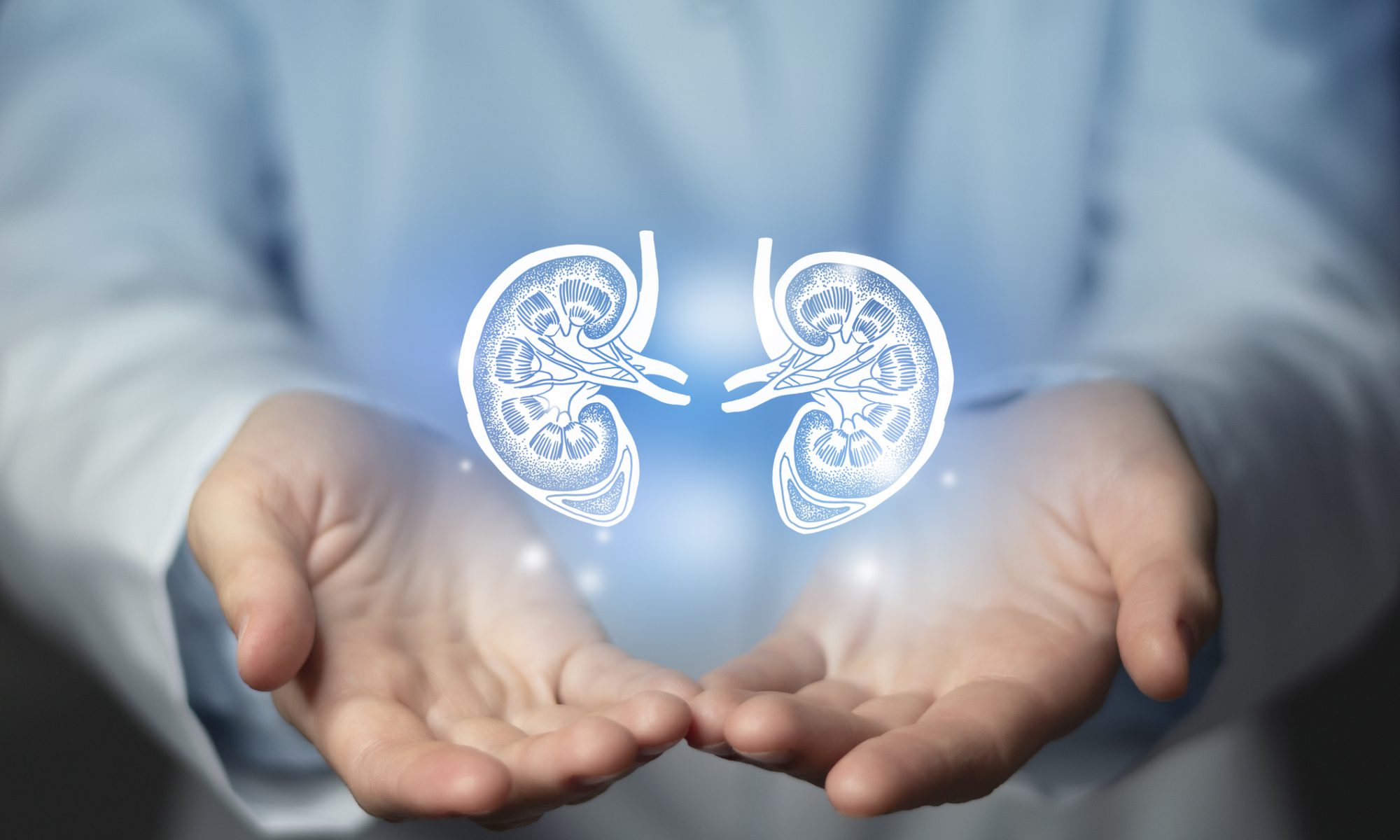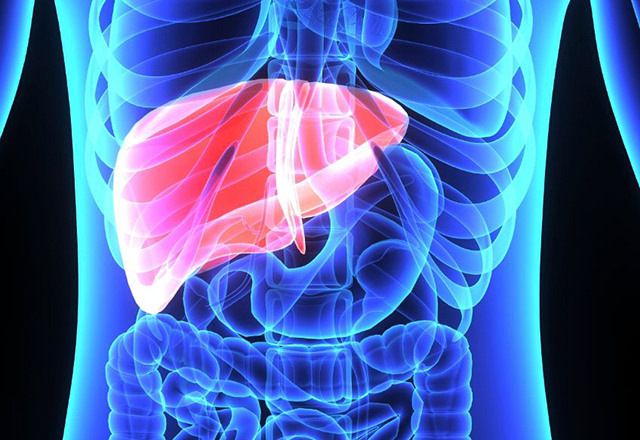By Cincinnati Children’s Hospital Medical Center
Imagine a day when a urine test could inform a doctor precisely why a kidney transplant patient was experiencing organ rejection and suggest the best medication for specifically addressing the problem.
That day took a leap closer to reality thanks to a remarkable set of single-cell analyses that have identified the most specific cellular signatures to date for kidney transplant rejection. The findings were detailed May 25, 2023, in the Journal of Clinical Investigation. Read more in Medical Xpress.






